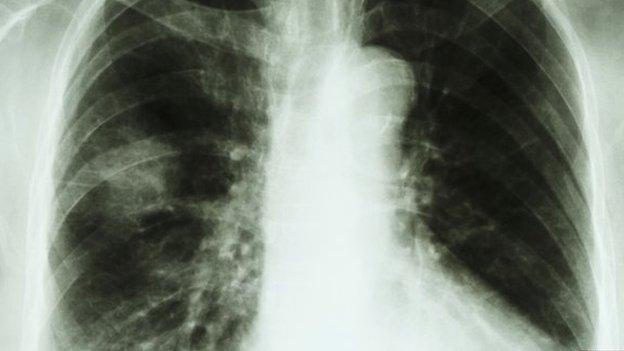Ex-National Coal Board coke workers' legal bid landmark
- Published
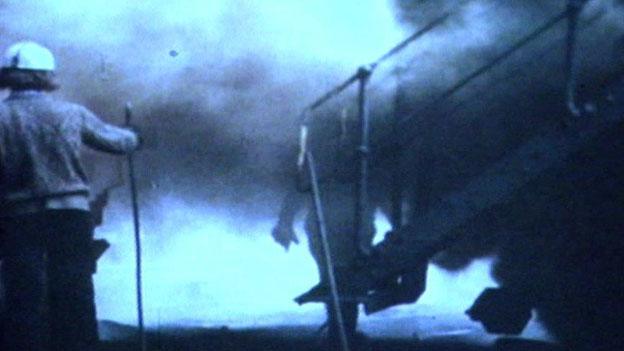
The eventual action could cover workers from more than 30 plants in Wales and the north east of England
Lawyers for more than 350 ex-National Coal Board coke workers are hoping for a landmark High Court ruling in their compensation fight over illnesses.
The workers and their families from south Wales and the north east of England are claiming the illnesses were caused by working conditions.
It is hoped the judge will grant an order to allow a small number of cases to be pursued on behalf of all workers.
The UK government will not comment ahead of Tuesday's hearing.

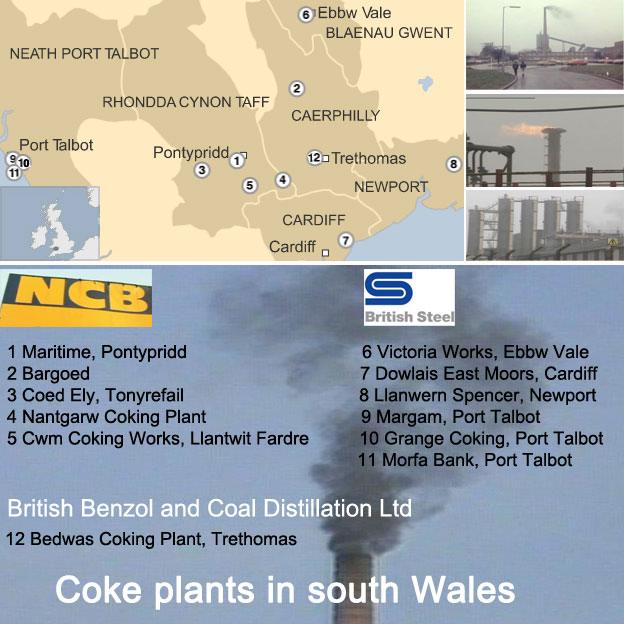

Coking took place in plants, mostly attached to collieries and steelworks, from the 1950s to the early 1980s.
In the process, coal was purified at high temperatures to make coking coal, which was used for iron and steelmaking.
A letter of claim was issued two years ago against British Coal and British Steel on behalf of 300 former workers who became ill after working at coking plants and steel works.
It claimed the former companies failed to correctly assess the risks of working on coke ovens and failed to adequately protect workers from dust and fumes.
The Department of Energy and Climate Change is the defendant in this week's hearing involving the ex-NCB workers.

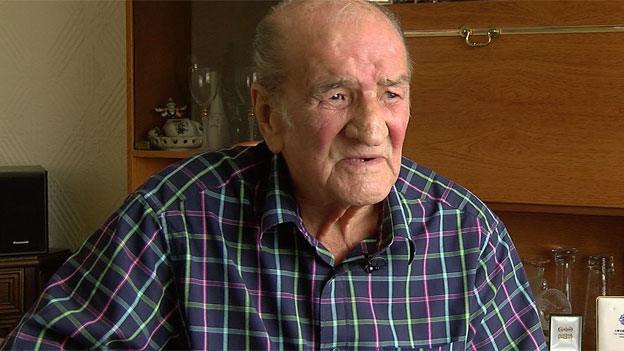
Trevor Evans, 81, has been living with emphysema for 25 years
At its height, the coking industry in Wales extended to 13 plants, mostly in south Wales but one in Shotton in Flintshire.
It offered well-paid and steady work to thousands of men, including 81-year-old Trevor Evans from Llantrisant, Rhondda Cynon Taff.
He spent nine years working in NCB coking plants helping to produce the smokeless, solid fuel by baking coal in ovens at high heat to drive off volatile compounds including gases and coal tar.
"It was dusty, really dusty," he recalled.
"When they were shovelling the coal in to make the coke, the black smoke coming back over the top was terrible."
Mr Evans retired from the coking plants more than 25 years ago. Soon afterwards he began to experience difficulty breathing and was diagnosed with emphysema.
His hopes for compensation rest on a judgement from 2012 that workers at the former Phurnacite smokeless fuel plant in the Cynon Valley were eligible for compensation for lung cancer, certain types of skin cancer and chest complaints including emphysema and chronic bronchitis.
Kathryn Singh of Cardiff-based solicitors Hugh James was involved in both the Phurnacite case and the latest litigation.
"That litigation paved the way for the coke oven litigation that we are currently representing hundreds of claimants in because the working conditions were very similar in the Phurnacite plant to what we now see in the coking plants."
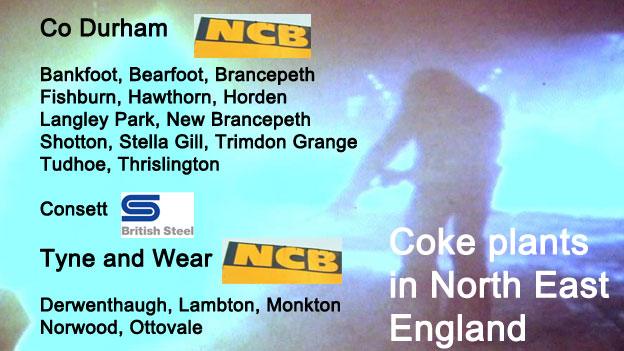

In his former role as general secretary of the mining union Nacods in Wales, Bleddyn Hancock was also involved in the Phurnacite case. More recently, he has been helping to lay the foundations for the latest court action.
'Speed up'
He expects the judge at next week's hearing to take the significant step of issuing a group litigation order.
"That's where all the cases are amalgamated and the judge will say 'we'll pick half a dozen, perhaps ten, cases and we'll just look at those'.
"That small group of cases will represent all the coking plants that we're looking at and therefore a judgement will affect everyone, at all the coking plants.
"It will dramatically speed up the process of bringing these cases to a conclusion and hopefully getting compensation for all the other people who were affected."
While the former NCB workers, or their close family, are the first to see their case go to court, actions are also being prepared on behalf of former British Steel workers and employees at the sole privately-owned coking plant in Wales at Trethomas, near Caerphilly.
There will be more on this story on BBC Radio Wales' Eye On Wales which is on at 12:30 BST on Sunday and on BBC iPlayer.
- Published23 October 2012
- Published30 October 2014
